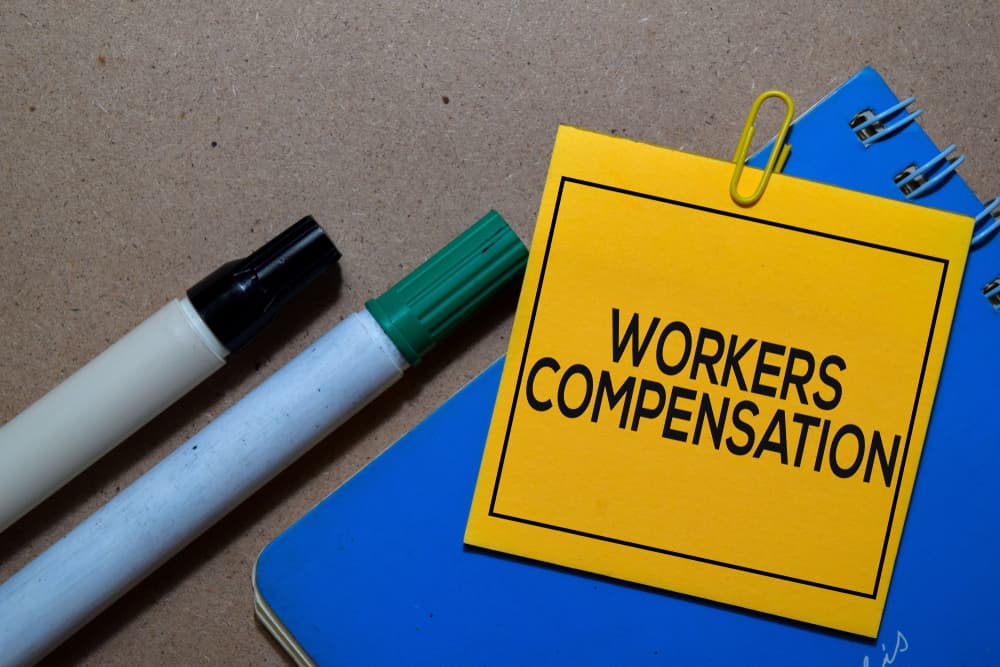3 Things About Your Workers’ Compensation Case That May Surprise You

I started in workers compensation law one month ago. When I started, I knew as much about workers’ compensation law as most of the people walking through our doors: nothing. Unless lightning has struck twice and you’ve had the misfortune of repeat encounters with the workers’ compensation system, it’s a set of rules and requirements you’ve probably never had to deal with before.
Over the last month, I have watched our seasoned attorneys sit down with clients and explain to them aspects of the workers’ compensation system that were as shocking for me as they were for our clients.
Here are some of Indiana’s workers compensation rules that surprised me most:
1. It does not matter whose fault it was.
You work at a restaurant. Your disorganized, incompetent coworker who always had it out for you was texting her boyfriend in the kitchen, not watching where she was going, when she bumped into you and caused you to drop hot oil all down the front of your legs.
She was clearly in the wrong. She was negligent! That has to mean the penalties are harsher, and the compensation you get is higher, right?
It surprised me to know that, in Indiana, fault does not matter in workers’ compensation. Unlike in criminal prosecution or personal injury suits, workers’ compensation does not focus on dishing out punishments to irresponsible bosses, coworkers, and business owners. It’s a system designed to ensure you get medical treatment for your workplace injury.
Then, at the conclusion of your medical treatment, it allows you to receive a settlement if your injury results in any degree of permanent impairment.
2. Indiana’s worker’s compensation system can be unsympathetic and stingy.
You have probably seen billboards around town advertising the millions or billions of dollars personal injury lawyers have won their clients. You may have seen headlines where a big chain restaurant ends up owing a customer hundreds of thousands of dollars just because the customer slipped in a puddle of water and broke their foot.
If that’s what a broken foot is worth, your employer should owe you a ton for your messed-up hip that still hurts three years later!
Unfortunately, I was surprised to find that workers’ compensation law in Indiana is very limited in scope and, as a result, the settlements tend to be pretty small. There is no jury in workers’ compensation cases to lend a sympathetic ear to all the suffering you went through.
Instead, there is a set of laws that entitles you to a predetermined amount of money based on a percent impairment rating assigned to you by a doctor.
This can be disappointing, but helps to know ahead of time the limitations of what the workers’ compensation system can offer.
3. There are many different avenues for benefits and recovery.
Getting workers’ compensation benefits is one way to recover for your workplace injury, and it’s an important one.
Workers’ compensation lawyers ensure that you get payments for time you could not work due to your injury. They help ensure you get medical treatment, and that, at the end of that treatment, you get a settlement for any permanent impairment and future medical expenses.
However, I was surprised to find that injured workers often have many other avenues of recovery that they can explore.
For example, your case may also present a good basis for a personal injury suit or an employment law claim. Your personal circumstances may qualify you to seek SSDI, Medicaid, or Medicare, to provide you with benefits outside those that you receive from your workers’ compensation case.
Klezmer Maudlin’s attorneys have handled thousands of cases for workers who actively pursued multiple avenues of recovery, and they know the steps to take to prevent your workers’ compensation recovery from interfering with your other potential claims or benefits.

